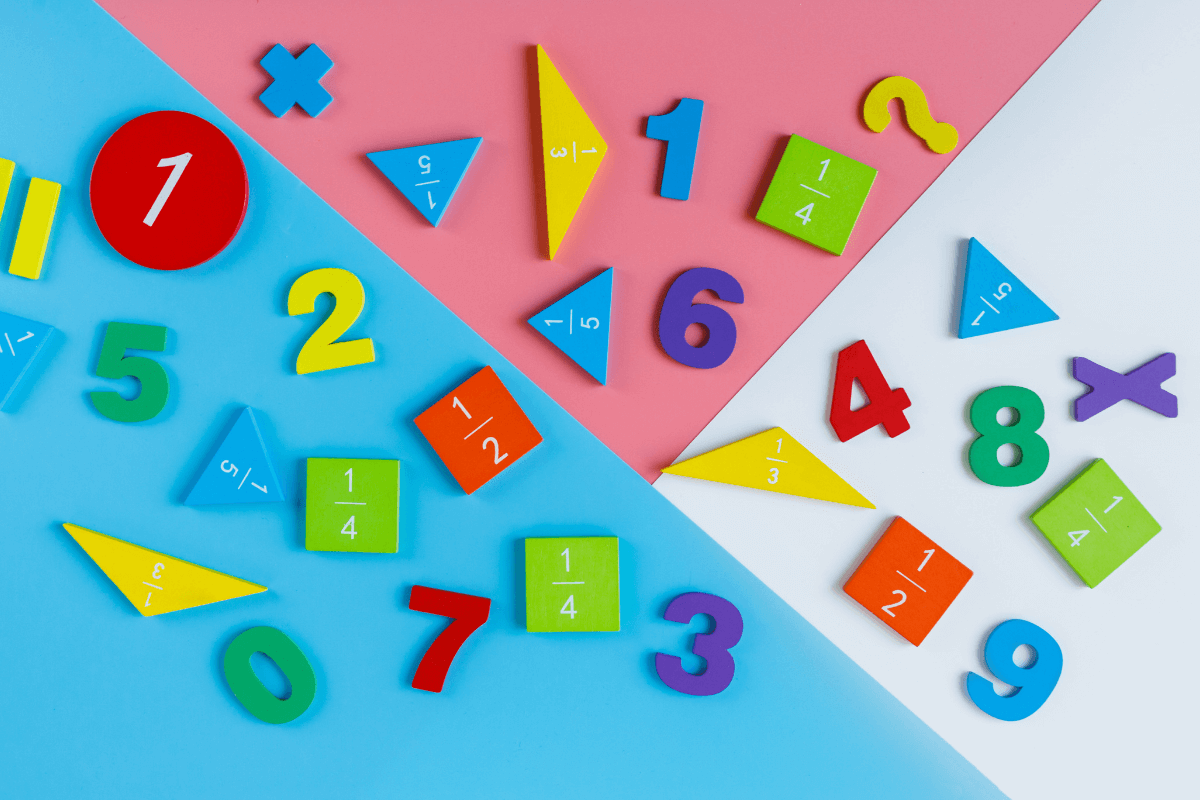There is no doubt that the mindset of parents can profoundly impact a child when it comes to learning mathematics. The term mindset refers to your internal beliefs and assumptions and has been coined by Stanford University professor Carol Dweck. Your mindset dictates how situations are handled in daily life, and it can substantially impact […]
Creating A Math Mindset








